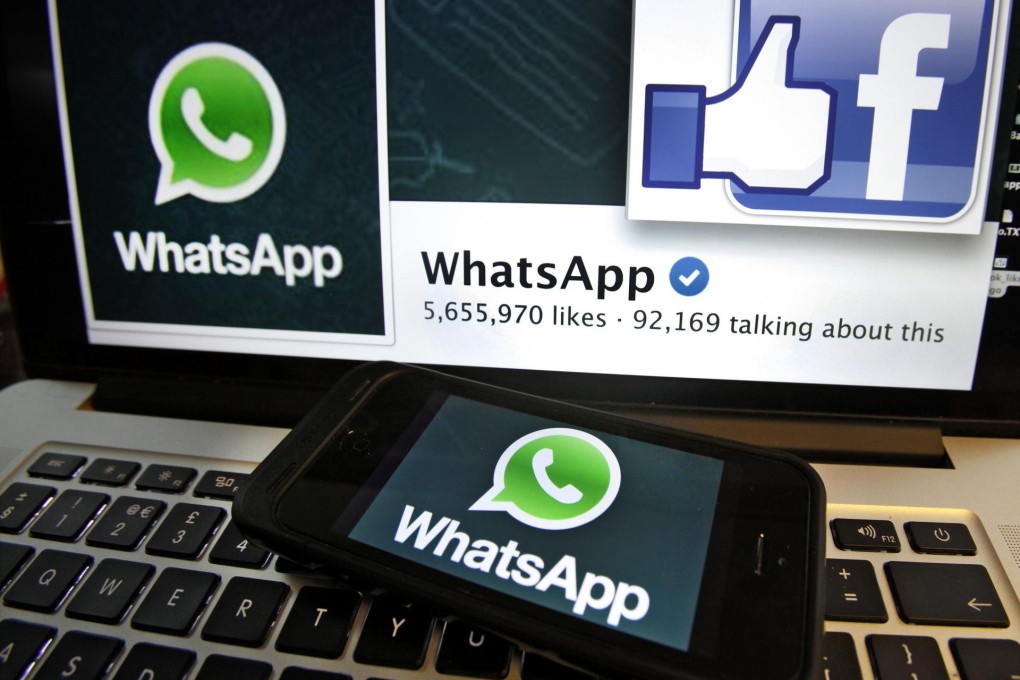WeChat in the way of Facebook's ambitions in China
Facebook's newly acquired messaging service WhatsApp will find the mainland tough to crack given the huge popularity of local rival WeChat

Facebook may well see its US$19 billion acquisition of WhatsApp as a way to break into the mainland's growing mobile-messaging market, but it faces a big challenge taking on Chinese internet giant Tencent's home-grown WeChat platform, analysts say.

In a report released yesterday, Barclays Research said WeChat, known as Weixin on the mainland, was also worth more than WhatsApp as it has an estimated valuation of US$30 billion.
Facebook announced yesterday morning that it agreed to acquire WhatsApp, which has about 450 million monthly active users worldwide, for a total of US$19 billion - comprising US$4 billion in cash, US$12 billion worth of shares and upon closing, another US$3 billion worth of restricted stock. It is Facebook's biggest-ever acquisition.
While that merger is expected to strengthen Facebook's competitiveness in mobile messaging and attract younger consumers, Forrester Research analyst Wang Xiaofeng said the deal "won't affect the China market that much" because Facebook cannot be accessed on the mainland and WhatsApp has an insignificant share in the world's largest smartphone market.
Both Facebook and WhatsApp management indicated yesterday the mobile-messaging platform will continue to be run autonomously, ensuring that WhatsApp will remain accessible to users on the mainland.